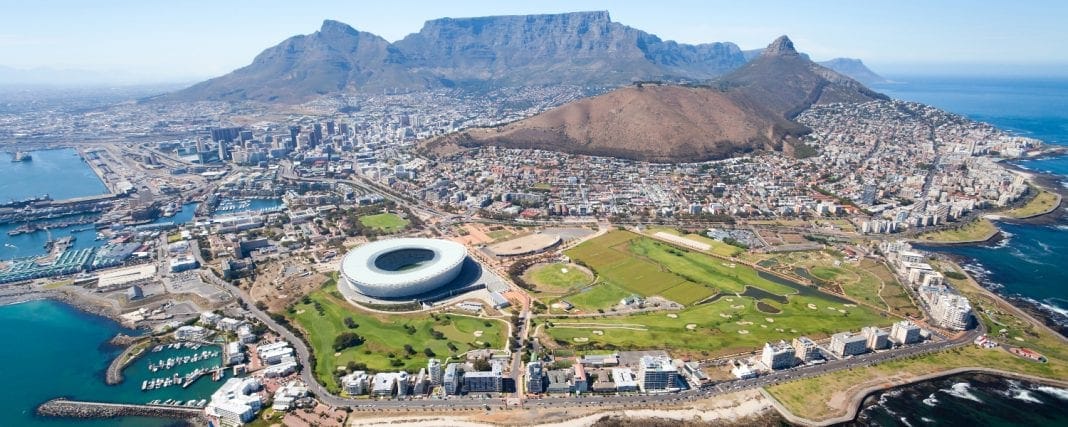Krabi, Thailand (eTN) – Rarely, news concerning the Tourism Authority of Thailand (TAT) got so little publicity. Last May, TAT restructured without any fanfare its network of offices around Thailand. From 22 representations grouping Thai provinces by geographic entities, TAT has created out 35 offices, the equivalent of almost one office for two provinces.
Such a move was motivated by political pressure rather than economic rational. In fact, some TAT people express confidentially that the new organization is sustainable in the long term. Many regions are still unknown and do not request the set-up of a proper office. Even worse, TAT lacks human resources to manage those offices.
Over the last three months, the tourism authority has reshuffled employees as many from the head office have been sent out to fill up newly created positions. Another problem is also the lack of resources for the new provincial representations as TAT general budget faces constraints.
Krabi is an excellent example despite the fact that it was one of the rare provinces to really need a representation as the province already receives some two million foreign visitors per year.
“Our budget is, however, too small for large-scale marketing purposes,” complained Pornprapa Lasuwan, director of the new Krabi/Phang Nga office. She used to be the assistant director for ASEAN, South Asia and South Pacific markets prior to filling up her current position.
“All new offices have been doted with a budget not exceeding THB 1.5 million. In Krabi case, this is rather insufficient as we have to cover two provinces. Ideally, we should get THB 5 million,” she added.
Hastily set up, TAT Krabi office has not really work out a marketing plan for its future development. “We look to consolidate in priority our existing core market such as Scandinavia or Malaysia and look at some niche markets,” she said, providing no further details.
She did mention, however, that one of TAT Krabi office’s first priorities is to strengthen Krabi’s international air access with Singapore remaining high on the wish list. “We normally should see the return of Tiger Air from Singapore during the high season,” Lasuwan said. Looking at 2008, she remains optimistic to see a growth of 5 percent in international arrivals despite the recent political turmoil who already scared away some Asian travelers. “Krabi has been little affected so far but the political situation must rapidly stabilize as we enter soon the high season. I believe that we could reach three million foreign travelers within a decade”.
However, her optimism is not shared by Thailand’s private tourism sector. Thai newspapers last week quoted Amarit Siripornjuthakul from Krabi Tourism Authority declaring that already a fifth of all Scandinavian and Europeans have either canceled or postponed their trip to the province. The Bangkok Post cited Trat Chamber of Commerce deputy chairman Somkiat Samataggan saying that hotels in the province already recorded 30 percent of cancellations.
In Bangkok, Thaoi Hotel Association President Prakit Chinamourphong told The Nation paper that hotels across the country already experienced the cancellation of 40 percent of room bookings. Thai Airways reported a drop in its load factor from 75 percent to 60 percent.
In the first quarter of 2008, Thailand’s southern provinces recorded a drop of 3.36 percent in total foreign arrivals with Phuket’s total arrivals declining by 18.4 percent and Krabi by a more modest 2.4 percent. However, foreign arrivals to Phang Nga progressed by 47 percent and to Samui by 6.5 percent.
IHE Ị GA-Ewepụ na edemede a:
- Krabi is an excellent example despite the fact that it was one of the rare provinces to really need a representation as the province already receives some two million foreign visitors per year.
- Thai newspapers last week quoted Amarit Siripornjuthakul from Krabi Tourism Authority declaring that already a fifth of all Scandinavian and Europeans have either canceled or postponed their trip to the province.
- Looking at 2008, she remains optimistic to see a growth of 5 percent in international arrivals despite the recent political turmoil who already scared away some Asian travelers.






















